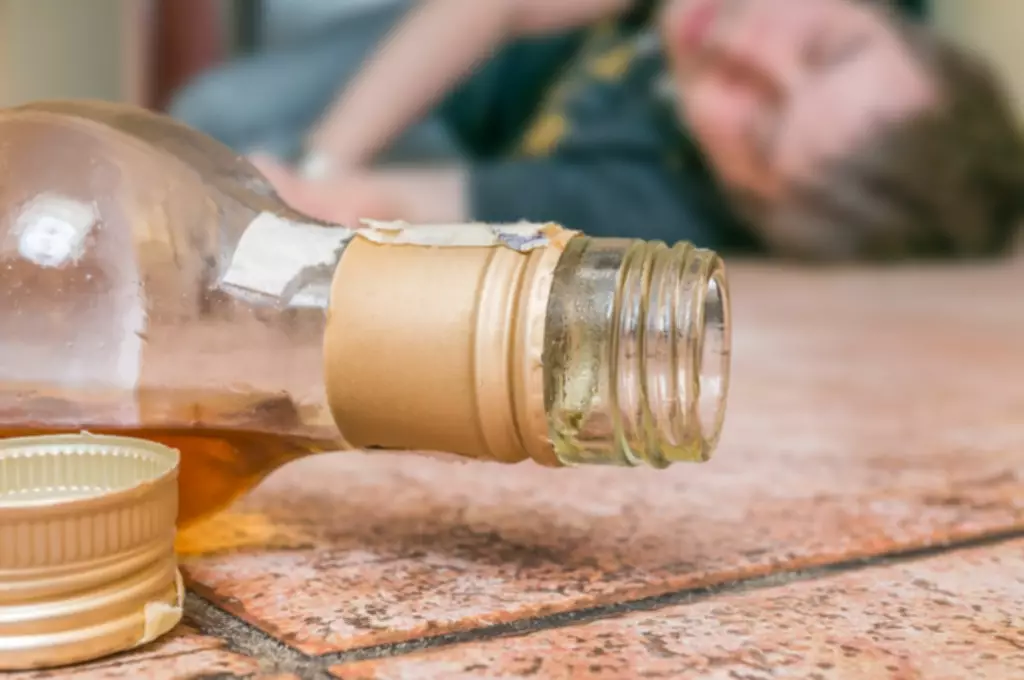10 alcohol-drug interactions: What medications interact with alcohol?
Content
- Office of Addiction Services and Supports
- What Happens When You Mix Prescription Drugs and Alcohol?
- A Champagne-fueled New Year’s can be dangerous if you’re taking certain drugs
- Don’t Drink Alcohol While Taking These Medications
- What are Prescription Pain Pills?
- Can You Drink Alcohol While Taking Birth Control?
In addition, herbal sleep remedies, like chamomile, valerian, and lavender, can cause increased drowsiness when mixed with alcohol. When combined with alcohol, medications for attention and concentration disorders can make a Alcohol and Pills person dizzy and sleepy. Antidepressants can cause drowsiness and dizziness that can be made worse with alcohol. Mixing any of the antidepressants below with alcohol can also increase feelings of depression or hopelessness.
- Many people struggling with alcoholism will meet the criteria for a drug use disorder at some point in their lifetime.
- Muscle relaxants and alcohol both suppress your central nervous system, which controls the functions of your heart, lungs, and brain.
- Furthermore, alcohol will increase stomach acid production, which is one of the root causes of heartburn, indigestion, and stomach ulcers.
Reach out to a treatment provider for free today for immediate assistance. Other things, such as having low self-esteem or being impulsive, may raise the risk of alcohol use disorder. The pill is said to break down up to 70% of alcohol after 60 minutes.
Office of Addiction Services and Supports
• Disulfiram, which can be used after at least 12 hours without alcohol, causes unpleasant symptoms (nausea, vomiting, chest pain, sweating and weakness) if alcohol is consumed. More than 100 drugs interact with wine, beer, champagne, and hard liquor, triggering problems ranging from nausea and headaches to life-threatening issues, such as internal bleeding and difficulty breathing. It is already known that friendly gut bacteria are changed by long-term illnesses and lifestyle (smoking, regular alcohol consumption and diet). It is also known that alcohol is absorbed differently according to weight, sex, physical activity and food consumption.

Certain types of anti-nausea medication can be used to help someone who is trying to stop drinking alcohol. When used under medical supervision, the combination can be an effective way to treat alcohol withdrawal. In general, alcohol use has the potential to make symptoms of a mental health condition worse. In addition, there are hundreds of mental health medications that interact with alcohol. Combining alcohol with a mental health medication can make the medication less effective or even more dangerous. Older adults (especially those who take more than one medication) are also more likely to experience problems, as the ability to clear both alcohol and drugs from the body is reduced with age.
What Happens When You Mix Prescription Drugs and Alcohol?
If you want to stop drinking, Nancy Beste, an addiction therapist in Steamboat Springs, Colorado, recommends talking to your doctor about the best way to do so. It may turn out that you’re a good candidate for one of three federally approved medications on the market. During the first year of the COVID-19 pandemic, adults 50 and older led the way as most likely to increase their alcohol consumption, according to a 2022 study from researchers in California.
Combining these drugs with alcohol can make the risks and side effects worse, especially if you have liver disease. Because both drugs are depressants, combining marijuana and alcohol increases the likelihood of an overdose. Both substances can cause https://ecosoberhouse.com/article/how-to-get-someone-into-rehab-guide-for-families/ dizziness, nausea, vomiting, high anxiety and paranoia. However, since marijuana reduces symptoms of nausea, it may prevent your body from throwing up alcohol. This can cause alcohol to remain in your system and potentially lead to alcohol poisoning.
A Champagne-fueled New Year’s can be dangerous if you’re taking certain drugs
They found that apremilast triggered an increase in activity in the nucleus accumbens, the region of the brain involved in controlling alcohol intake. On average, the people who received the medication, called apremilast, reduced their alcohol intake by more than half — from five drinks per day to two. We’re here 24/7 to help guide you or your loved on through rehab and recovery. Submit your number to receive a call today from a treatment provider.
Some research has found that alcohol does not appear to worsen liver inflammation in certain people who take medication for their cholesterol. A 2006 Harvard study found that moderate alcohol use did not have a significant negative effect on the livers of men taking statins after heart surgery. Mild liver inflammation can occur in about 2% of people who take statins for a long time. While it typically gets better after stopping taking the medications, there has been concern that alcohol (which is metabolized by the liver) could potentially make liver inflammation worse. If you mix any type of anti-nausea drug with alcohol, the side effects of the medication can become more intense. Alcohol can make some medications less effective by interfering with how they are absorbed in the digestive tract.
- 0

Comentários